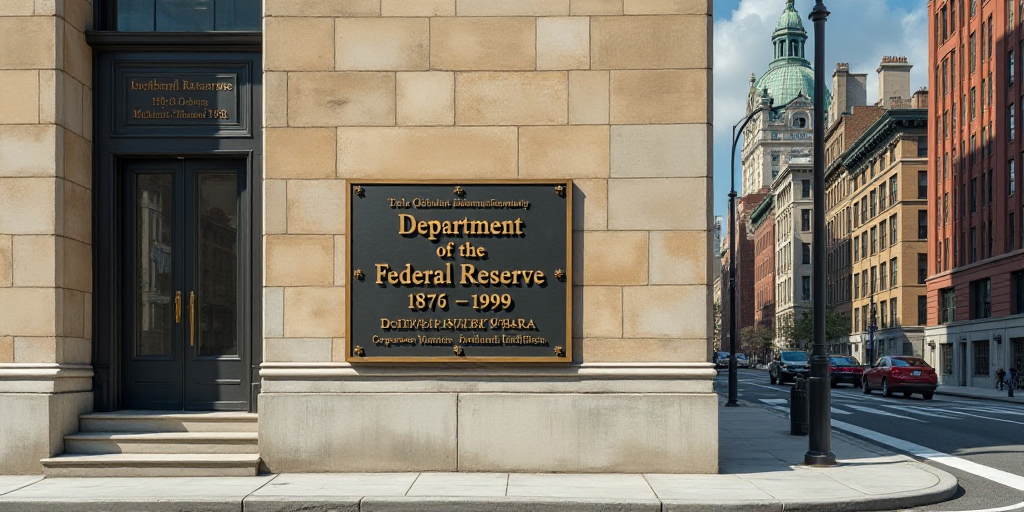Background on Donald Trump and His Trade Policies
Donald Trump, the 45th President of the United States, served from January 2017 until January 2021. Known for his controversial policies and business acumen, Trump’s trade policies significantly impacted global markets. His administration imposed tariffs on various imported goods, aiming to protect American industries and renegotiate trade deals. These actions often led to uncertainty in financial markets due to potential retaliation from trading partners and the ripple effects on supply chains.
Judicial Ruling Against Trump’s Tariffs
On Wednesday, a U.S. trade court blocked most of Trump’s tariffs in a ruling that determined the president had overstepped his authority by imposing broad tariffs on imports. However, later in the day, a U.S. appellate court reinstated the tariffs pending further proceedings.
Impact on U.S. Treasury Yields
Initially, the news of the court’s decision boosted risk appetite in markets. As U.S. stock futures rallied during the night, Treasury yields started to rise. However, after the release of weak employment data and first-quarter GDP estimates showing underlying economic weakness, yields fell.
- Initial Reaction: When news broke, equity markets surged, and Treasury yields increased. This reaction was fueled by the anticipation of reduced trade tensions and a potential boost to economic growth.
- Subsequent Decline: After the publication of weak labor market and GDP data, investors reconsidered their optimism. The realization that economic weakness might persist led to a decline in Treasury yields.
Economists’ Perspectives on Trump’s Tariffs
Economists generally agree that Trump’s tariffs have been a drag on economic growth and increased price pressures. A reduction in import duties would be less inflationary, which is positive for the U.S. Treasury market.
“We expect these tariffs to weigh on economic growth and exacerbate inflationary pressures,” said Noel McElreath, senior portfolio manager of U.S. Treasury Fixed Income at Xponance. “Lower tariffs would be less inflationary and more favorable for the Treasury market.”
Uncertainty Ahead
Following the government’s filing of an appeal and questioning the trade court’s authority, investors now face heightened uncertainty regarding the final shape of U.S. trade policies.
Treasury Yield Movements
The 10-year reference yield dropped to 2.426%, down five basis points from the previous day. The two-year yield also decreased to 3.941%. On Thursday, the U.S. Department of the Treasury successfully sold $44 billion in seven-year bonds, receiving strong demand from investors.
Potential Economic Consequences of Tariffs
Experts warn that Trump’s tariffs could hamper economic growth and intensify price pressures. As the legal battle surrounding these tariffs continues, market participants must weigh the potential outcomes and adjust their investment strategies accordingly.
Key Questions and Answers
- Q: Who is Donald Trump, and why is he relevant? A: Donald Trump was the 45th President of the United States, serving from January 2017 until January 2021. His trade policies significantly impacted global markets due to his imposition of tariffs on various imported goods.
- Q: What was the recent judicial ruling against Trump’s tariffs? A: A U.S. trade court blocked most of Trump’s tariffs, stating that the president had overstepped his authority. However, an appellate court reinstated the tariffs pending further proceedings.
- Q: How did the ruling affect U.S. Treasury yields? A: Initially, the news boosted risk appetite in markets and caused Treasury yields to rise. But after weak economic data was released, yields fell due to concerns about persistent economic weakness.
- Q: What do economists think about Trump’s tariffs? A: Economists generally agree that Trump’s tariffs have been a drag on economic growth and increased price pressures. Lower tariffs would be less inflationary, benefiting the U.S. Treasury market.
- Q: What uncertainty do investors now face? A: Following the government’s appeal of the court’s decision and questioning its authority, investors must navigate heightened uncertainty about the final form of U.S. trade policies.






